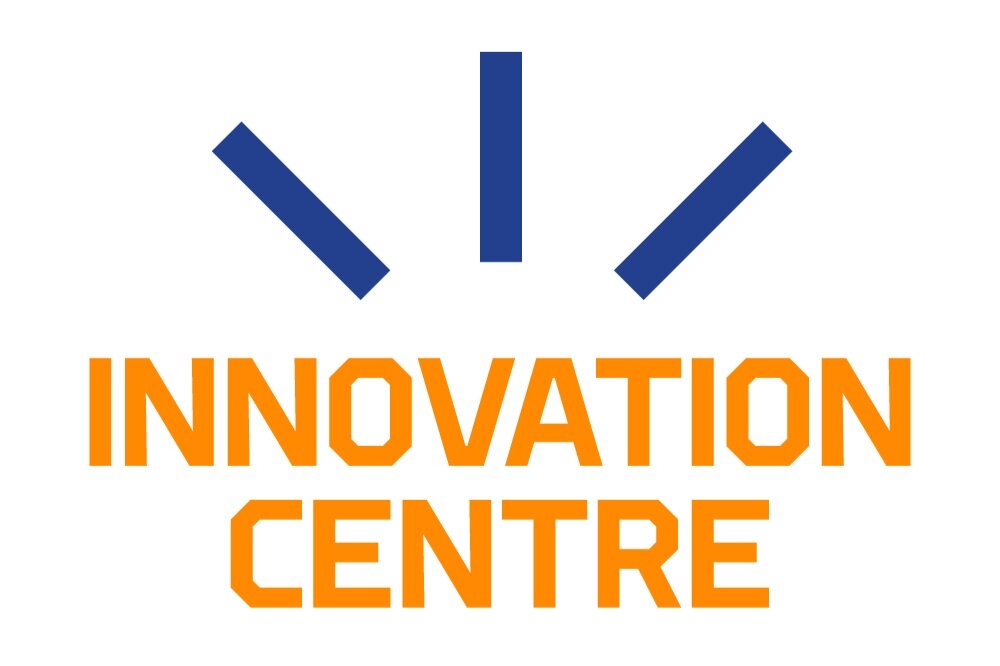Can you make money out of doing research?
Written by Maarit Jokela
Today, every scientist knows the requirement for open science. It is almost like a mantra for some funders of research. Open science has long been promoted in Finland. But does it exclude the commercial utilisation of research results?
Often, the first impression is that the openness and commercialisation of science are mutually exclusive. In many cases, commercialisation is connected to patenting. It is a right of prohibition, which means that no one else is allowed to do business with the invention described in the patent in the country where the patent is valid.
And if someone manufactures a product on the basis of this research data, will it be openly accessible to everyone?
I came across this matter recently.
What came as a surprise?
Researchers said that the sponsor’s demand for open science does not allow the commercialisation of research results. At least not in a way that would allow the university, and hence the researchers, to make money.
For this reason, the perspective of commercial utilisation had not been considered, although one of the objectives was to make a product with commercial potential.
This was the EU’s H2020 project, in which both research institutes and companies took part. One of the overall goals of H2020 funding granted by the EU was to strengthen Europe's competitiveness in relation to the rest of the world.
I started to think about where this idea came from. Has the requirement of open science been adopted a little too well? Has it superseded the idea that commercialisation could help many research results be widely utilised by society?
What are we after?
The basic idea of open science is that the knowledge generated through research must be allowed to spread as widely as possible and benefit society.
The aim is to give everyone a fundamental opportunity to study, criticise, be persuaded by or promote research. Another goal is to build trust in science.
Is knowledge enough?
Much of information in itself is valuable.
Which substances are harmful to health? How much daily exercise should you get? What factors contribute to climate change? Is there life on other planets?
The information gained through research allows us to adapt our actions. It is important that such information is freely available, and not only behind a paywall in some international scientific journals.
However, it is good to note that just spreading information is not always enough. Many research results can be used to create new products and services that make our lives easier or promote our health.
But what does it take?
Research often starts with a thorough investigation of various phenomena. Processing and refining information into a marketable product or service is left to companies. This development stage often requires long-term effort, the costs of which grow to be high.
For example, research may result in the discovery of a new chemical compound, which could be a cure for a previously untreatable disease. If this potential new drug is not patented, it is highly likely that the drug will never become available for use. It will remain as nothing more than a promising piece of information.
It is good to remember that the patent process must be started before the information is published.
No company wants to invest large sums of money in carrying out all the necessary safety tests for a medical product if it does not get the privilege of a patent.
In these cases, just sharing scientific knowledge is not enough to make a result useful to society.
And even if some discovery made through research is patented, this does not prevent it from being used for new research projects. This allows the result to be developed further.
What would be the best course of action?
I believe that the right approach is to consider both the possibilities of commercialising research and how research data can be disseminated as widely as possible. These two perspectives are not mutually exclusive. You just have to know how to time them right.
This will help ensure that knowledge does not only remain at the hands of the researchers, but instead becomes widely available for society to use. We ordinary citizens can then get new medicines, battery solutions for cars, faster data transfer and new ways of measuring our own well-being.
These innovations could not be achieved if open science prevented the possibility of utilising research results commercially.
Further information
Maarit Jokela
Innovation Manager
+358 40 355 9660, maarit.jokela@oulu.fi
IPR, technology transfer, commercialization of research results, bio- and medical sciences, Proof-of-Concept funding, innovations, communication on innovations, IPR trainings.



